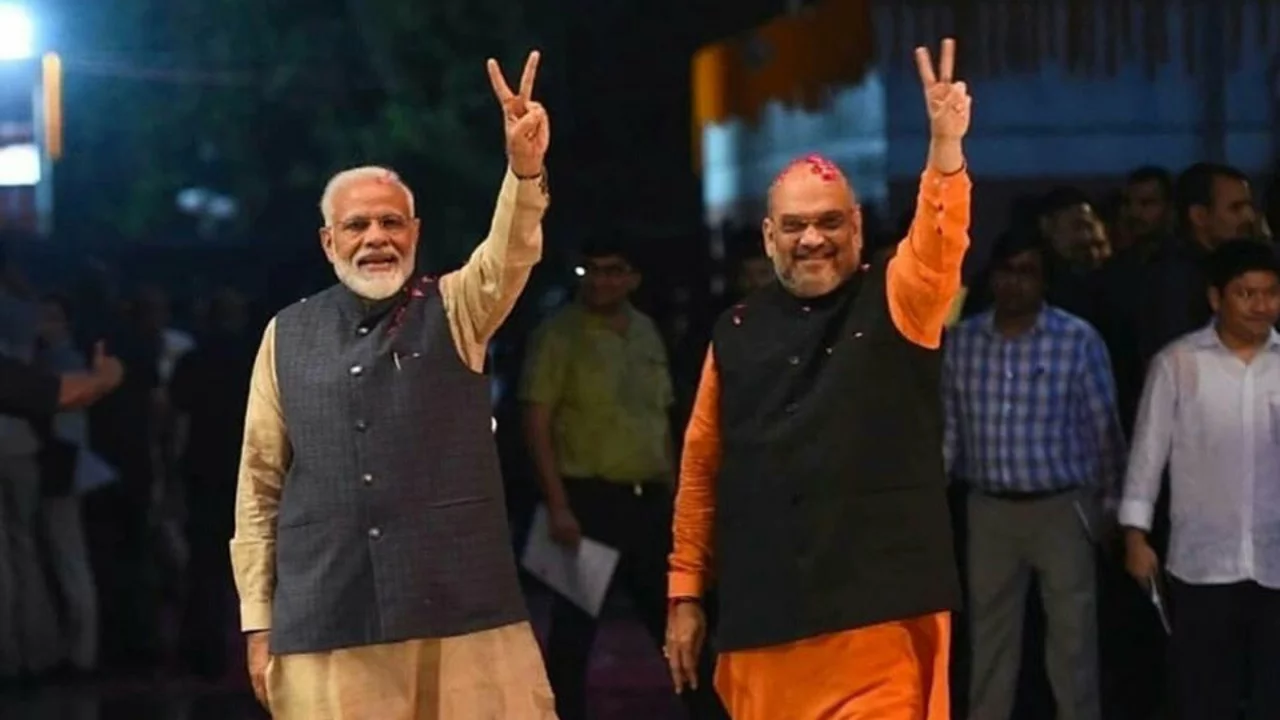Article 370: What It Is, Why It Matters, and What Changed
Ever wondered why you keep hearing about Article 370 in the news? In simple terms, it was a special provision in the Indian Constitution that gave the state of Jammu and Kashmir its own set of rules. While the rest of India followed the same laws, J&K could decide on things like land ownership and citizenship. That made the region unique, but also a hot topic for politicians and citizens alike.
Origins and Purpose
Back in 1949, when India was figuring out how to unite its many princely states, Jammu and Kashmir signed an agreement called the "Instrument of Accession." The government then added Article 370 to honor that deal. The article let the state keep its own constitution and limited the Indian Parliament’s power to make laws for it. Only matters that were related to defense, foreign affairs, finance, and communications could be decided from New Delhi, and even then, only with the state’s consent.
This arrangement was meant to give J&K a degree of autonomy while still being part of India. It also meant that people from other parts of India couldn’t automatically buy land or settle there unless the state approved it. For many locals, that felt like a protection of their identity and resources.
The 2019 Revocation and Its Aftermath
Fast forward to August 2019. The government used a presidential order to wipe out Article 370 and split the state into two union territories: Jammu & Kashmir, and Ladakh. Suddenly, the special rules vanished, and central laws started applying the same way they do in the rest of the country.
What did that mean for everyday people? Property rules opened up, so anyone from India could now buy land in the former J&K region. Some residents felt relieved, hoping for more investment and jobs. Others were worried about losing cultural safeguards and felt the move was abrupt.
From a legal angle, the change sparked a lot of court challenges. The Supreme Court has been hearing petitions about whether the revocation followed proper procedures. While the process is still ongoing, the political conversation hasn’t cooled down. Elections are being planned, and parties are positioning themselves based on how they view the change.
On the ground, you’ll notice a mix of new construction projects, shifted administrative offices, and a gradual return of tourists. The region’s economy, which had struggled with lockdowns and unrest, shows signs of picking up, but the social fabric is still adjusting.
If you live in or plan to visit Jammu and Kashmir, the key takeaway is to stay updated on local regulations. Requirements for work permits, vehicle registration, and even certain business licenses have changed. Checking the latest government notifications can save you a lot of hassle.
In short, Article 370 was a constitutional clause that set Jammu and Kashmir apart from the rest of India. Its removal in 2019 aimed to bring the region fully into the national legal framework, and the effects are still unfolding. Whether you see it as a step toward integration or a loss of autonomy, understanding the basics helps you make sense of the ongoing debates and daily realities in the area.
Posted by
Arvind Suryavanshi
0 Comments

In a recent discussion, Amit Shah, the Home Minister of India, stated that Article 370 brought no benefits to either the country or to Kashmir. He firmly believes that this constitutional provision has only hindered development and growth in the region. Shah suggested that the revocation of Article 370 was essential for the integration of Jammu and Kashmir with the rest of India. This bold move, he claims, will open doors for progress and prosperity in the region. However, the decision has been met with mixed reactions, sparking a nationwide debate.
read more